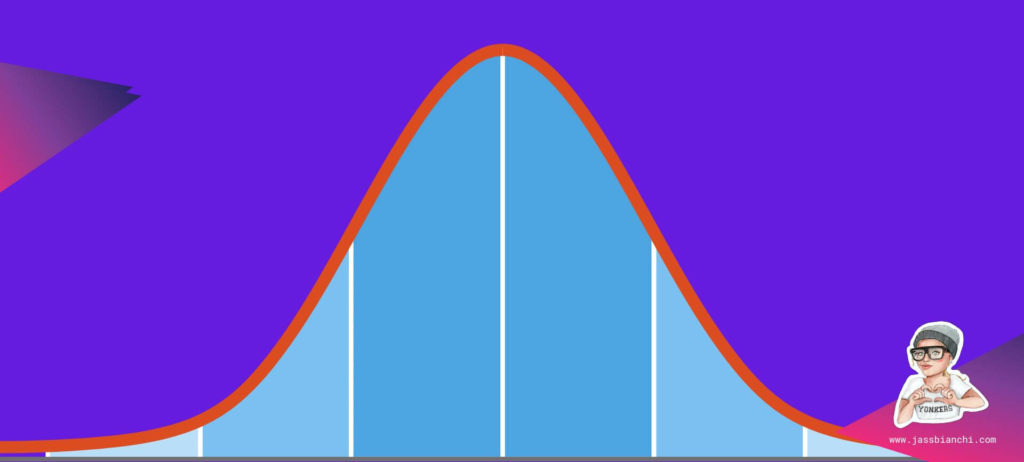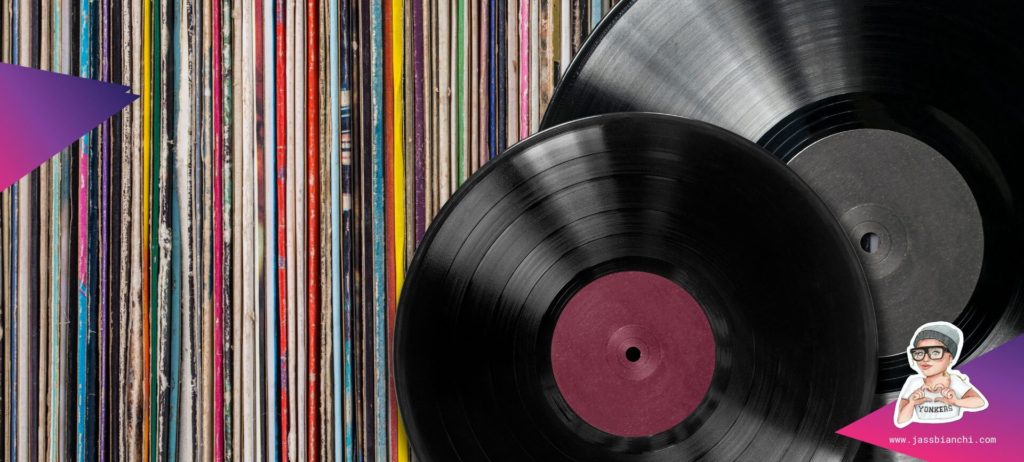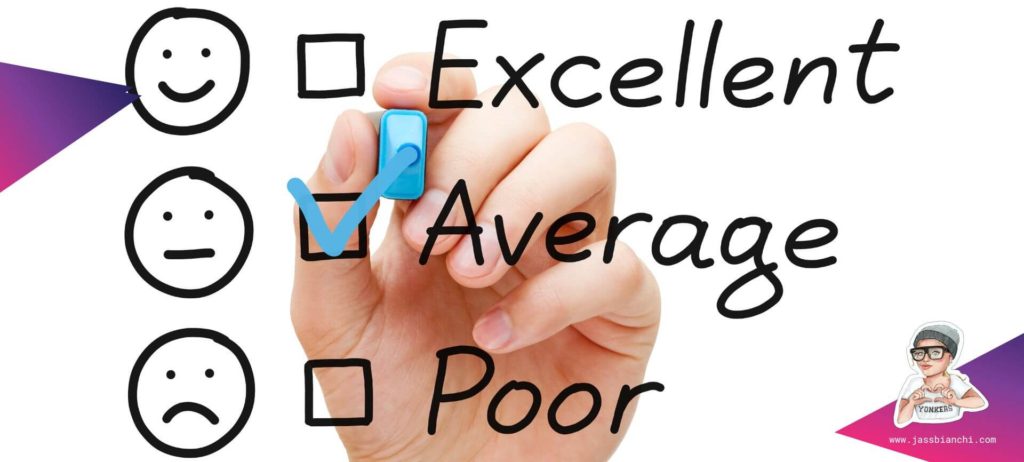
How to Rate Your Music: Evaluate Your Music Collection
When we talk about music, not everyone has the same liking. Some like pop, the other might like rock, or they might like any other genre of music. As our personalities are different our tastes in music are different as well. Coming as an individual, a person may have different likings based on the music, notes, lyrics, and composition of the music. Music ranking and music rating are very similar yet very different at the same time. Music artists are no more different in terms of liking and disliking of music. Musicians rank their music when they grow as an artist. In this blog, we will be checking some techniques, so that you can rate your music, about the growth you have as a musician.
Basics; Whole Stars or Half Stars

Basics; Whole Stars or Half Stars
Where do you start to rate your music? Well, let’s slowly get into that matter. When we have to watch a movie, we check its ratings first, if it is less than 6 out of 10, we drop the idea of watching that movie because apparently it is not a good movie. Rating music is more of a subjective thing rather than objective, a person rates something based on his own taste, but it doesn’t mean that other people would not like it as well. You can rate your music by considering the whole-stars or half-stars technique. Whole-star ratings are from 1 to 5 and half-star ratings are from 0.5 to 5. It is always fine to increase or decrease the stars based on your growth and betterment of those albums and songs. Now let’s divide the whole star into its qualities;
5 Stars
You rate 5 stars to your absolute favorites; songs or albums. When you rate your music 5 stars, it means that the specific song or album is your best doing and you see no more room for adding or removing something from those songs.
4 Stars
These are the excellent albums that resonate with you. You can add some elements to these songs in order to make them perfect but they are not bad in their original format as well.
3 Stars
As we are moving down, the linking of the songs or the album is decreasing, 3 stars mean the solid, enjoyable albums.
2 Stars
Some songs are not so good and these might be from the start of your career. You rate your songs 2 stars when you consider them mediocre or forgettable.
1 Star:
Albums you strongly dislike get 1 star, there is plenty of room for improvement in these songs.
Compare and Contrast
Compare and contrast is the technique that works every time for everyone in almost every field, it doesn’t matter if you are rating your music; or rating the certificates you have ever achieved from the easiest to the hardest ones, let’s dig deep into it.
Single Comparisons

Single Comparisons
Comparison is the estimate of the similarities or the dissimilarities between two things; let’s say albums for music. In order to rank which one is better, compare two albums directly within your collection. Then assign 2 points to the better one, 1 point each if they’re evenly matched. When it is done for two albums, don’t stop and repeat the process for all of your albums.
Ranking

Rank albums based on collected points
When you are done with the comparison, rank albums based on collected points. Calculate the average score for your collection. Just keep in mind that the last rankings can be improved and there is no need to worry.
Rate Based on Deviation

Rate Based on Deviation
Rate each album based on its distance from the collection’s average score. Albums above average get higher ratings; those below receive lower ones.
This method aligns with your taste, even if you can’t pinpoint exactly why you like something. However, it becomes time-consuming with larger collections.
Song-by-Song Evaluation
Some other ways you can rate your music are detailed below:
Albums as Collections of Songs

Albums as Collections of Songs
Recognize that albums are often collections of individual songs. When you are done with rating your songs in the form of albums, do it separately, and evaluate your songs other than albums, just like singles. Rating your songs directly is similar to rating films or novels.
Calculate Album Score

Calculate Album Score
Rate each one of the songs from 0 to 2, 0 to 10, or 0 to 1,000. After that, you can calculate the average for the album. This average becomes the album’s score.
Relative to the Collection Average

Relative to Collection Average
Calculate the average score for your entire collection and assign ratings to albums based on their deviation from this average.
Descriptive Reviews

Descriptive Reviews
Last but not least, descriptive reviews can help you to rate your music effectively. Write descriptive reviews alongside your ratings. Why did you rate this song this way? Explain your thoughts and ideas on the ratings that you gave each lyric and melody. Discuss the melody, lyrics, themes, and emotional impact of the song in detail. Quote specific lyrics to illustrate your points to make your rating acceptable.
Conclusion
Always keep in mind that music rating and music ranking are very different, one is subjective and the other is objective, respectively. But music rating can be helpful to evaluate your music based on single songs and the basis of albums too. Things can be done better, so don’t panic and work on your music and shine!








